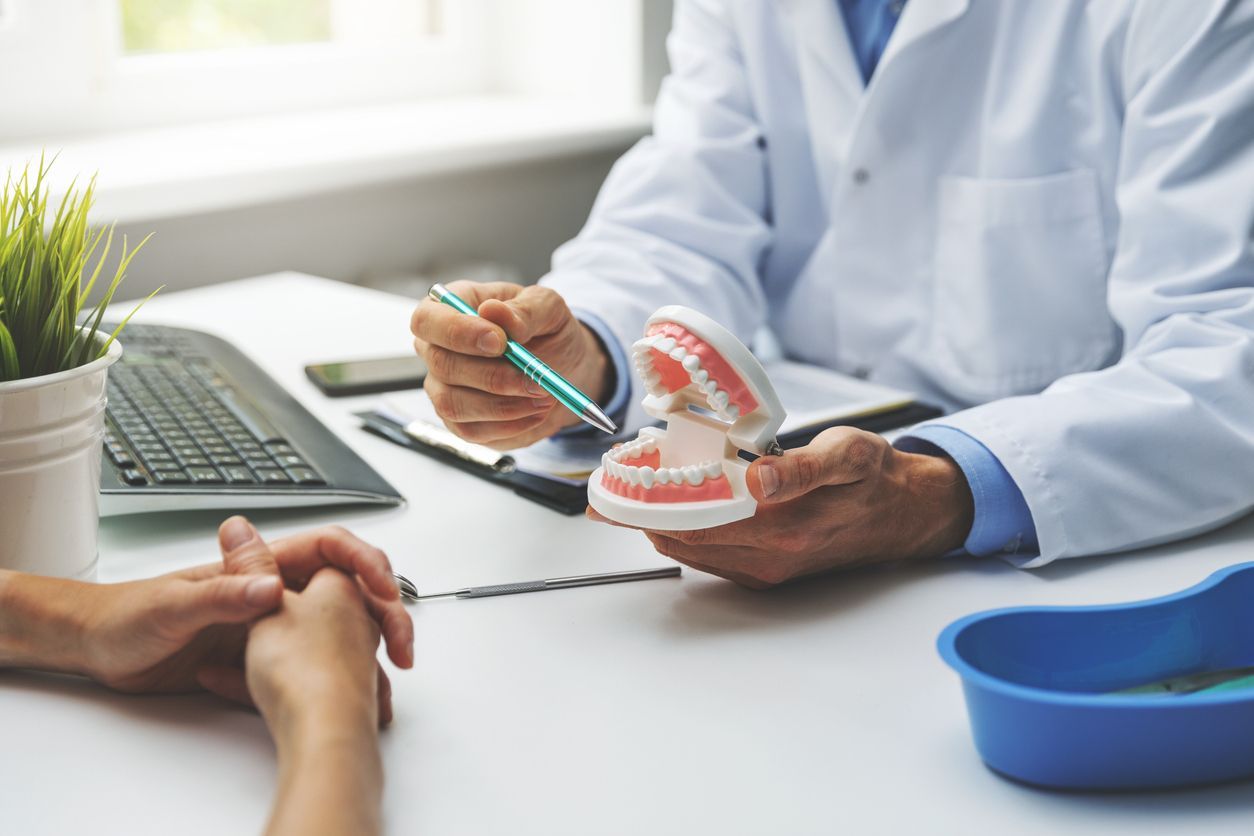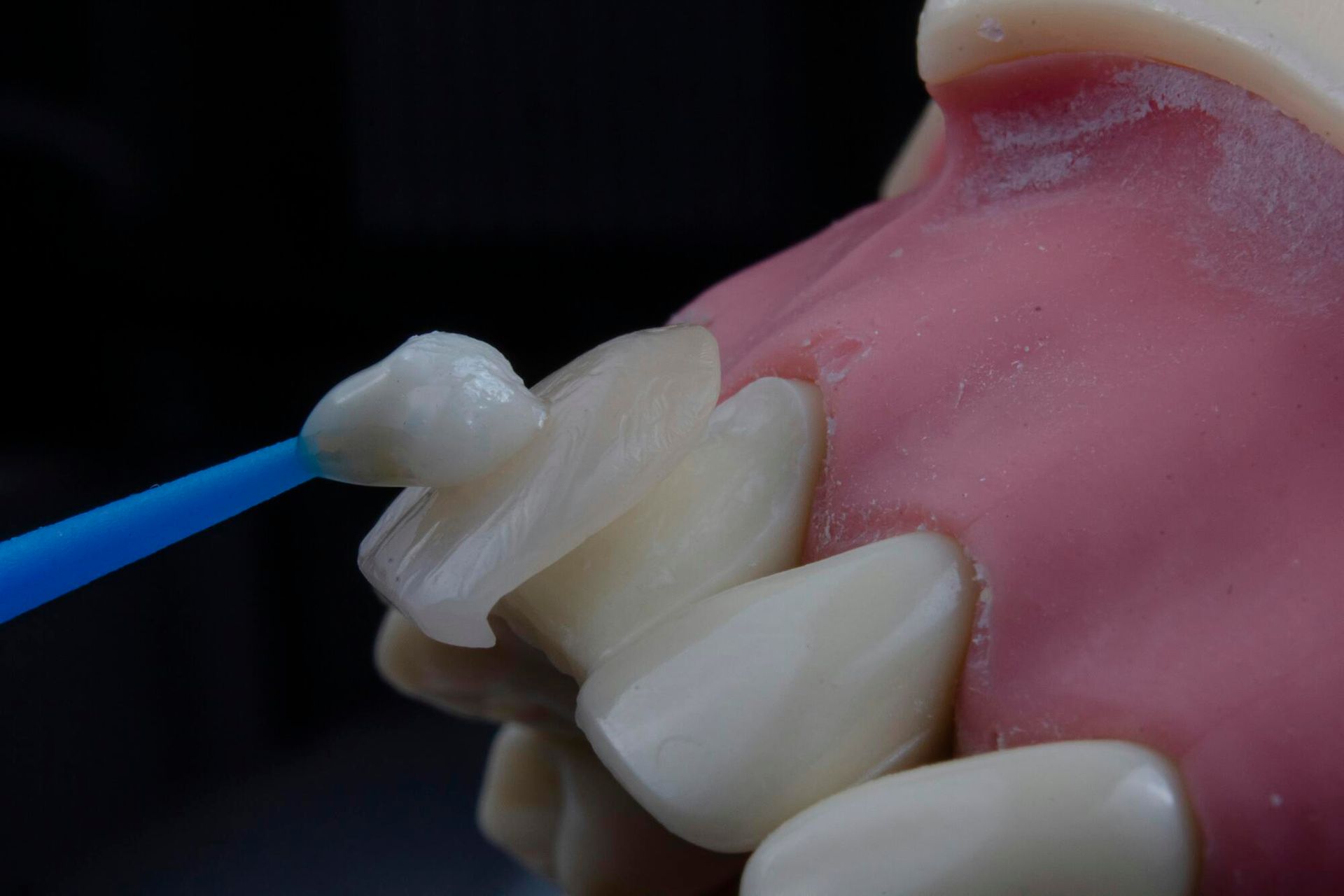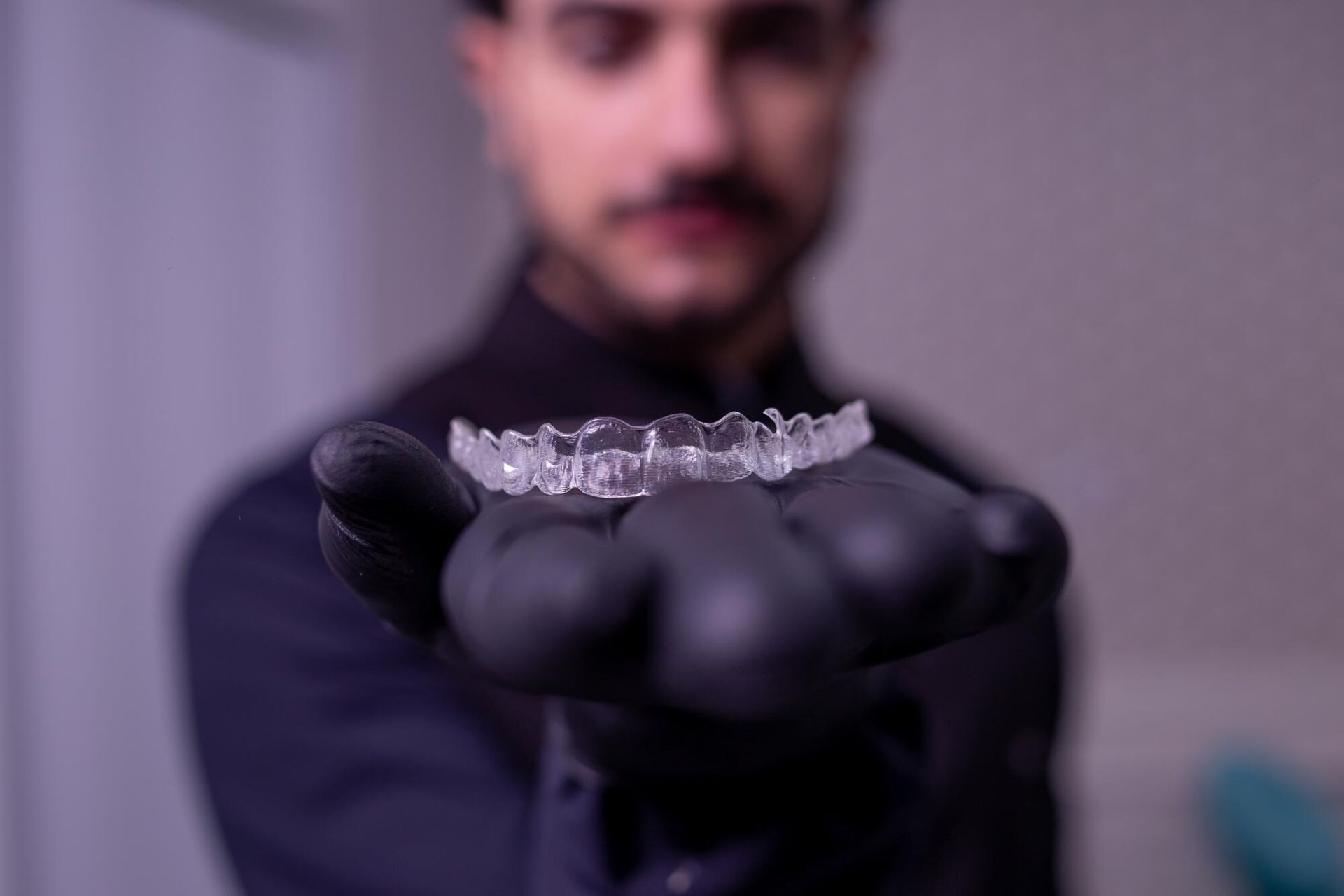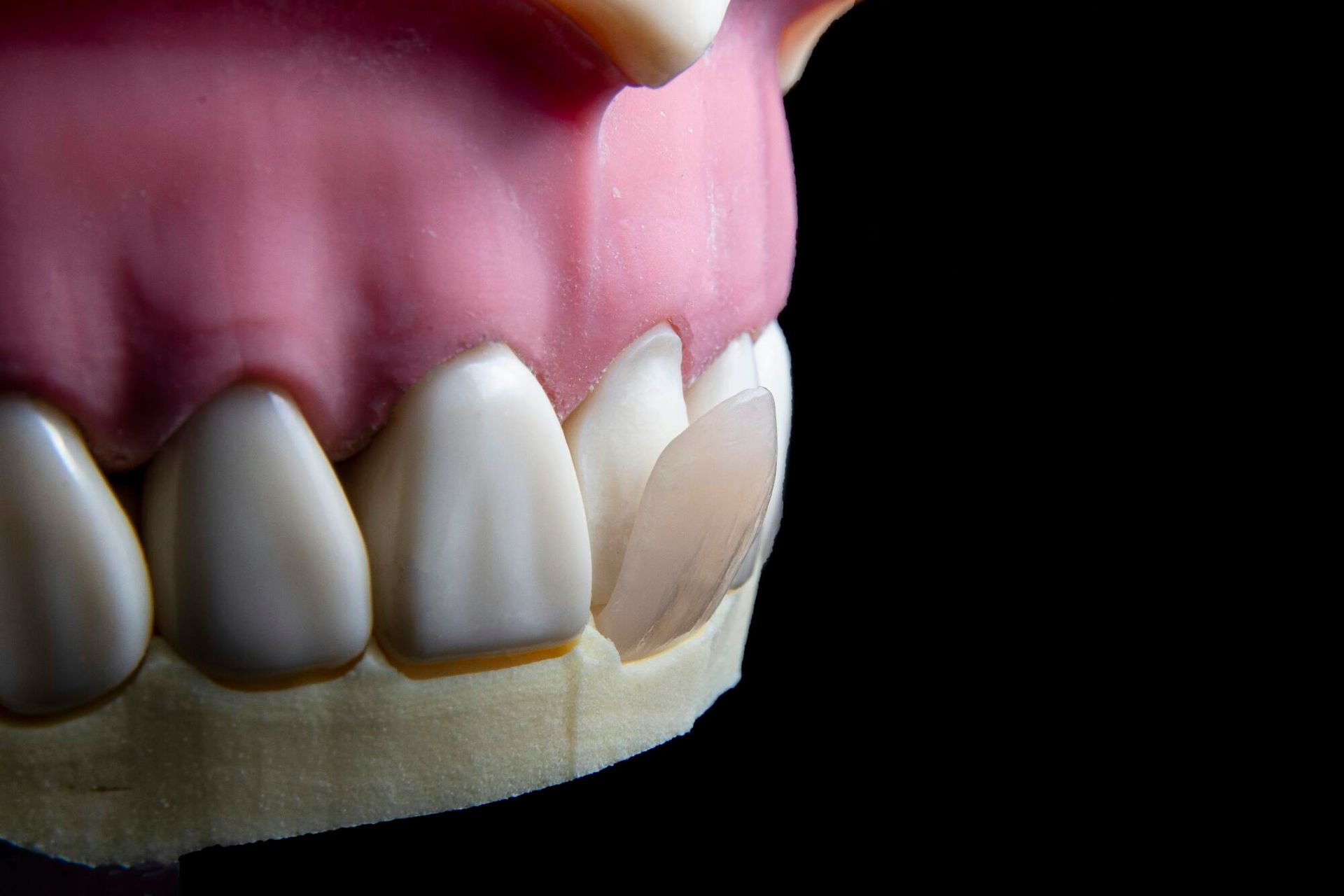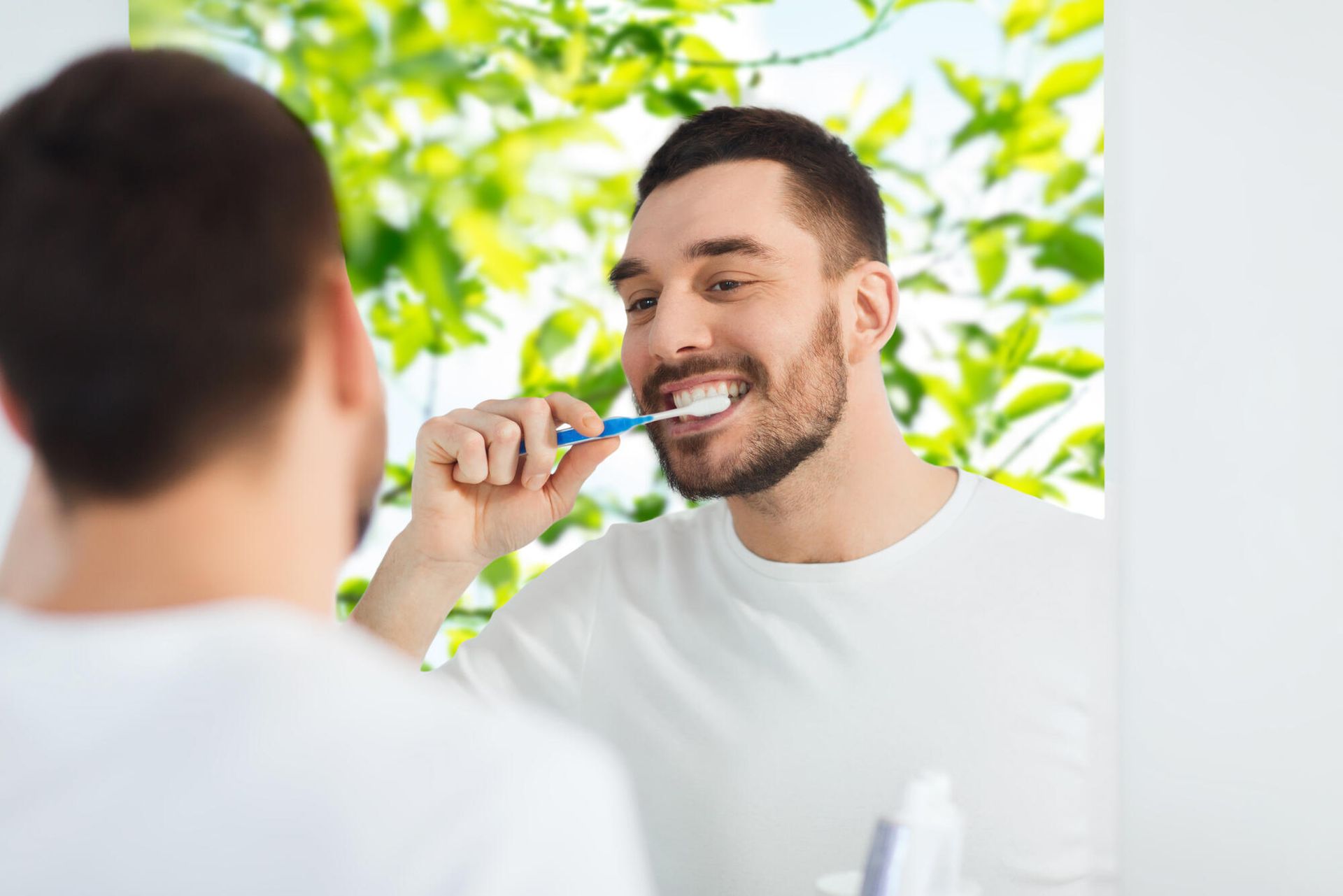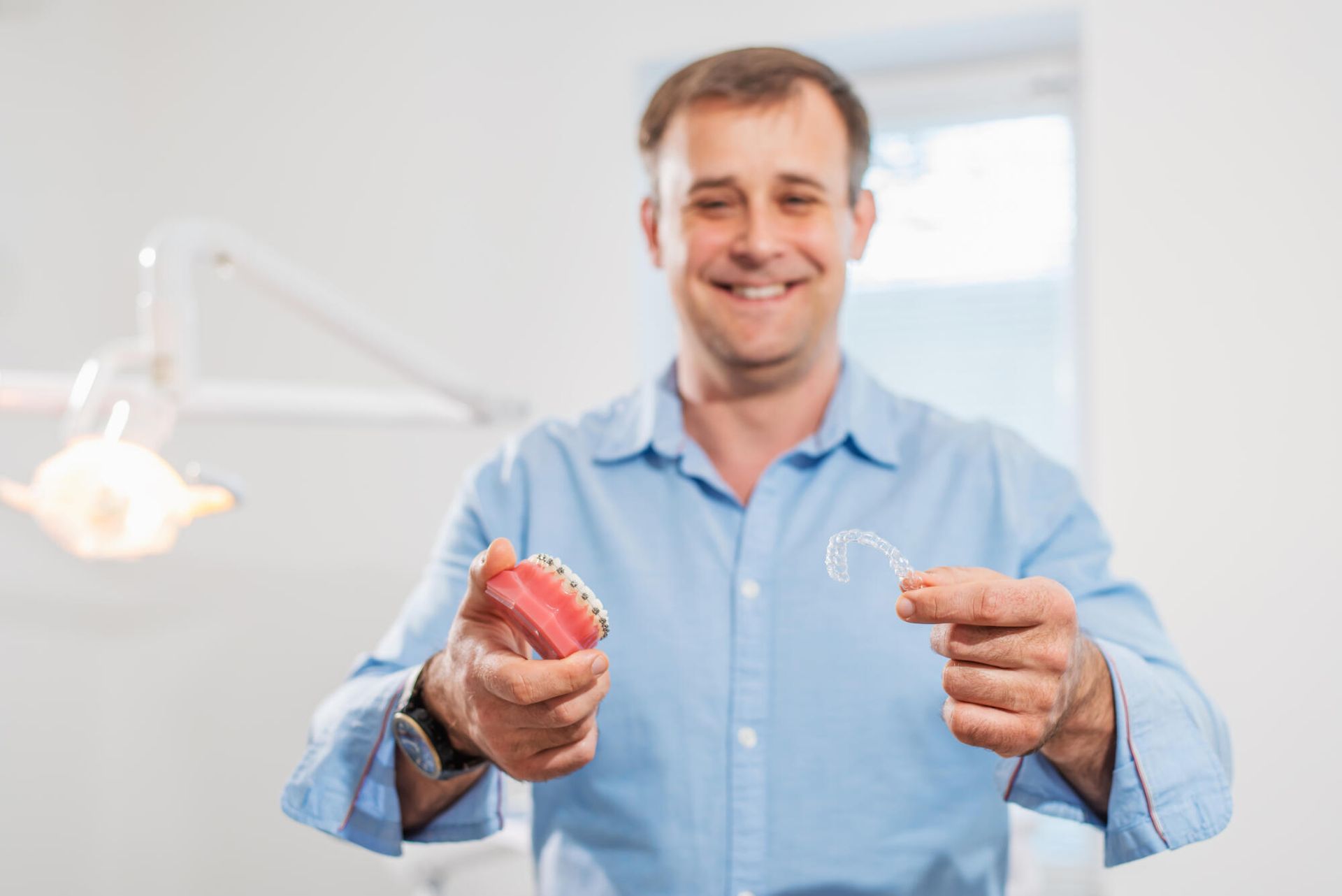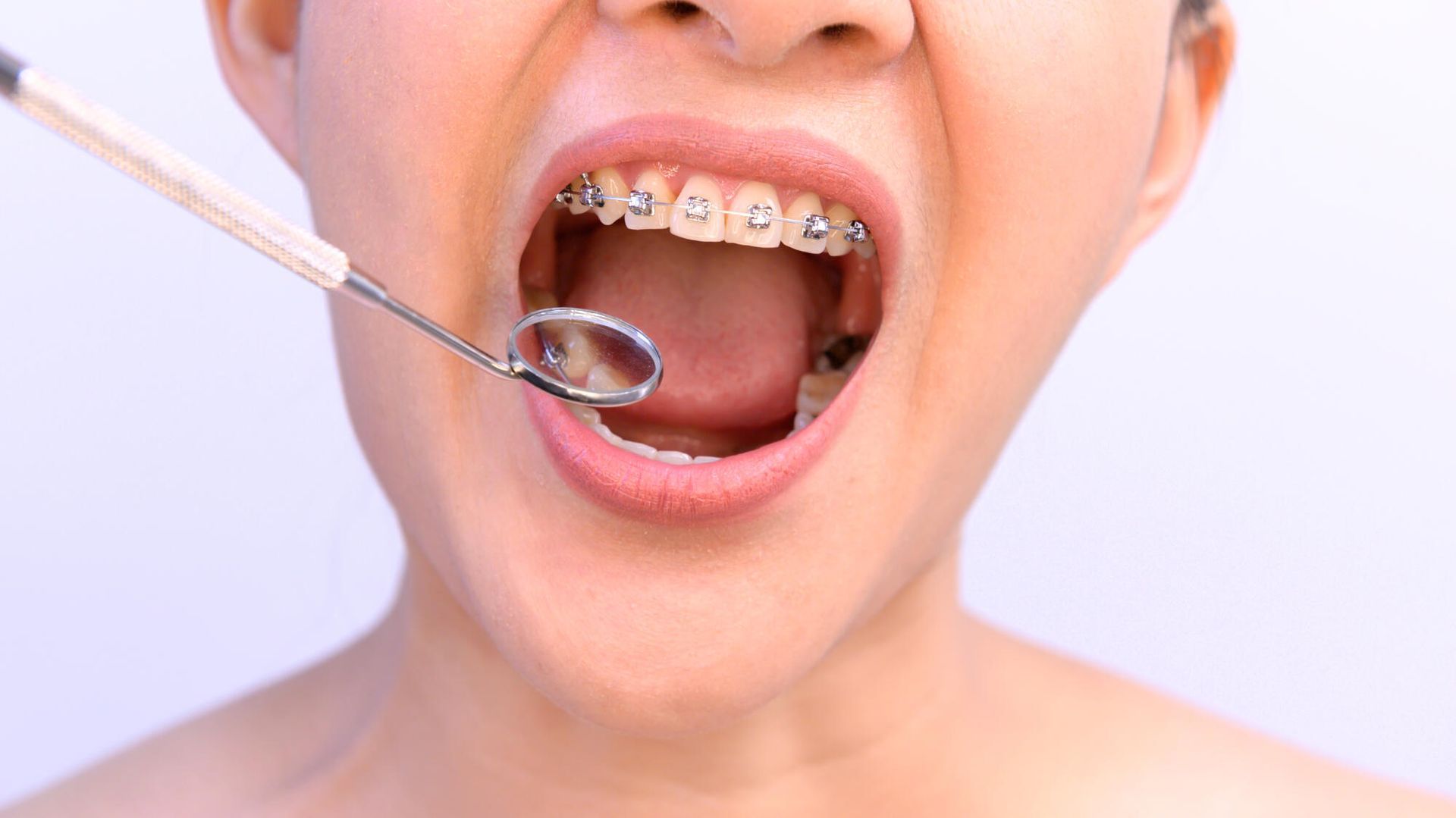A Step-by-Step Guide to Emergency Dental Care
Dental emergencies can happen when you least expect them, which is why around 2 million people visit emergency rooms every year for dental pain.
Dental pain results primarily from trauma and infections but can also be caused by other reasons. You must know how to handle situations when you experience dental pain or other dental emergencies.
Continue reading to learn the steps for handling dental emergencies and how to know when to seek help from a 24-hour emergency dentist.
Tips for Recognizing Dental Emergencies
One difficulty people experience is knowing when a problem is an emergency. Some oral issues might bother you, yet treatment can wait. However, others need immediate care.
Dental emergencies that require urgent dental care can include the following problems:
- Severe toothache
- Knocked-out tooth
- Soft-tissue injuries
- Dental abscess
- Chipped tooth
- Broken tooth
If you experience one of these problems, you will need emergency dental services. You should contact an emergency dentist immediately to get the help you need.
Seeking emergency help increases the chances of saving the problematic tooth and minimizes the pain involved.
Immediate Steps for Any Dental Emergency
A dental emergency might occur in a matter of seconds. For example, you could experience a loose or knocked-out tooth from getting hit in the face. When this occurs, you'll know it happened and can seek help.
There are also times when emergency dental issues sneak up slowly. A tooth infection is an example of this situation. It starts small and may not hurt, but the pain gradually increases, leaving you with a throbbing mouth.
When either situation occurs, follow these dental care tips:
Stay Calm
First, don't panic. Instead, remain calm, assess the situation, and determine if this situation requires emergency help.
Err on the side of caution if you're unsure whether to seek help. It's better to be safe than sorry.
Contact a Clinic
Next, call an emergency dentist. Calling before you go ensures the clinic is open and prepares them for your arrival. The clinic can also give you emergency dental tips to follow to help you protect your tooth if necessary.
Manage the Pain and Bleeding
If the tooth is bleeding, you should apply pressure to it. If you're experiencing pain, take some over-the-counter pain pills to assist.
How to Respond to Common Dental Emergencies
No one can predict when a dental emergency will arise, so you might want to learn how to handle common dental emergencies beforehand. Learning a few tips can help you save a tooth and handle the situation.
Here are some common dental situations with tips for responding to them:
Knocked-Out Tooth
A lot of trauma must occur to knock out a permanent tooth, and responding to this situation properly is critical for saving the tooth. You must follow a few tips immediately after the tooth is knocked out.
First, grab the tooth and rinse it off with water. Next, place it back in your mouth in the appropriate tooth socket. You can also apply an ice pack to reduce the swelling and pain.
If you can't place it back in your mouth, put the tooth in a small bowl of milk. The milk can preserve the tooth and its tissue while you travel to the dentist.
In many cases, dentists can reattach a knocked-out permanent tooth, but the chances increase when you address the situation properly immediately after it occurs.
Chipped or Broken Tooth
Teeth can break, crack, or chip from trauma. When this occurs, grab any tooth fragments you see and place them in a bowl of milk. Place an ice pack on your mouth to assist with the bleeding, swelling, and pain.
You can also try placing a tea bag on the bleeding area. There is evidence that this method helps stop the bleeding.
Severe Toothache
Toothaches can appear suddenly or develop over a few days or weeks. If you develop a bad toothache, apply an ice pack to the area and take some over-the-counter pain pills.
Wait a little while to see if the pain dissipates. If not, seek help from an emergency dentist.
Soft Tissue Injuries
Soft tissue injuries refer to bleeding gums or other areas of the mouth. These injuries can happen from gum disease, trauma, or many other things. Treat them by applying ice to the areas and seek emergency help.
Dental Abscess
A dental abscess is an infection in the mouth, and finding immediate tooth pain relief can be challenging. Dental abscesses generally require dental services, such as a root canal.
You can treat it like other dental emergencies by placing ice on it and contacting a dentist.
Ways to Prevent Dental Emergencies
Treating dental emergencies can save your teeth and eliminate the pain. However, you can also learn how to prevent dental emergencies.
First, visit your dentist regularly to keep your teeth clean and healthy. Routine visits help you treat small problems before they escalate.
Caring for your teeth at home is also helpful. Proper brushing and flossing reduces the plaque in your mouth and helps you prevent cavities and gum disease.
Secondly, always wear protective gear when playing sports. For example, wearing a mouthguard protects your teeth from trauma.
Finally, a dental emergency kit should be created to have on hand when these situations arise. Your kit should include ice packs, gauze, tea bags, and gloves.
With the right steps, you can avoid these injuries in many situations.
Seek a 24-Hour Emergency Dentist
Dental emergencies require a 24-hour emergency dentist. These emergencies are often painful and could lead to the loss of a tooth.
Immediate attention reduces the risk of losing the tooth and helps you treat the pain. Don't hesitate to call an emergency clinic if you suspect a dental emergency.
Nellysford Dentist has over 30 years of experience helping people with their dental needs. We offer comprehensive services that are cost-effective and comfortable.
We're located in Nellysford, VA, and can assist with all your dental needs and emergencies.
Reach out today to schedule an appointment.




